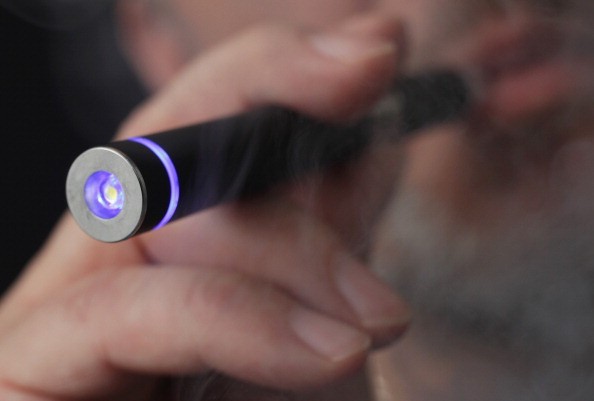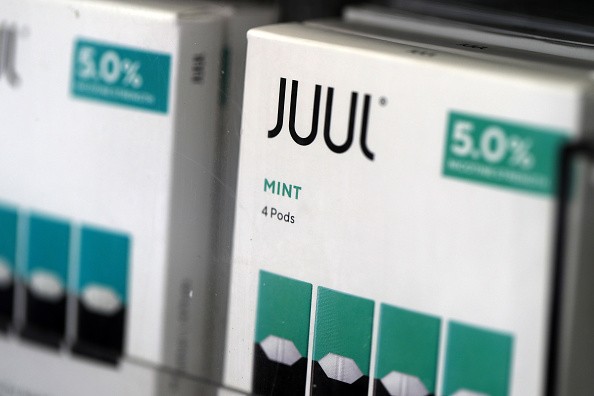
As of the moment, the U.S. Food and Drug Administration still hasn't approved the use of e-cigs. Because of this, medical experts and vape manufacturers have been arguing if e-cigarettes are really safe compared to regular cigars.
On the other hand, traditional ones are regulated and controlled by the FDA for the past few years. But, that doesn't mean that the FDA approves cigarette smoking in the United States.
However, the vape industry's situation is quite different since the FDA doesn't get involved in the production and distribution of these e-cigars. Meanwhile, the health department confirmed that it would pass down its judgment on vaping companies this coming Sept. 9.
Would FDA Approve or Disapprove Vaping Industry's Continuation?
Currently, the FDA still hasn't provided any hint if it would support or reject the continuation of the e-cigarette industry in the country.

Also Read : E-Cigarette Online Stores in China Asked to Stop
On the other hand, Time Magazine reported that anti-vaping critics and other public health groups are already urging FDA to reject the use of e-cigars, especially the famous brand Juul, which is currently considered the market leader of the vaping market.
"Juul fueled the youth e-cigarette epidemic and is still the #1 brand among youth," said Tobacco-Free Kids, one of the anti-smoking group campaigns fighting against the use of vapes and e-cigars.
However, this was rebutted by vaping industry's representatives, saying that if FDA bans the use of e-cigarettes, many Americans may go back to using traditional cigars instead.
In other news, some reports suggest risks of using vape. Some health experts claim e-cigarette flavorings could increase cardiovascular risks. In 2019, some teens in Wisconsin were hospitalized because of vaping. .
Is E-Cigarette Safer Than Traditional Cigar?
According to Henry Ford's report, traditional cigarettes are still more dangerous compared to vapes since they could lead to lung cancer and other serious health complications.
However, e-cigars also have some harmful effects that could affect consumers in the long run. These include the following:
- Ultrafine particles can be inhaled deep into the lungs.
- Flavorants such as diacetyl, a chemical linked to serious lung disease.
- Volatile organic compounds.
- Heavy metals, such as nickel, tin, and lead.
For more news updates about FDA and other related topics, always keep your tabs open here at TechTimes.
Related Article : E-Cigarette, Vape Quitting: Withdrawal Symptoms Like Drugs and Regular Cigarette Addiction
This article is owned by TechTimes
Written by: Griffin Davis
![Apple Watch Series 10 [GPS 42mm]](https://d.techtimes.com/en/full/453899/apple-watch-series-10-gps-42mm.jpg?w=184&h=103&f=9fb3c2ea2db928c663d1d2eadbcb3e52)



